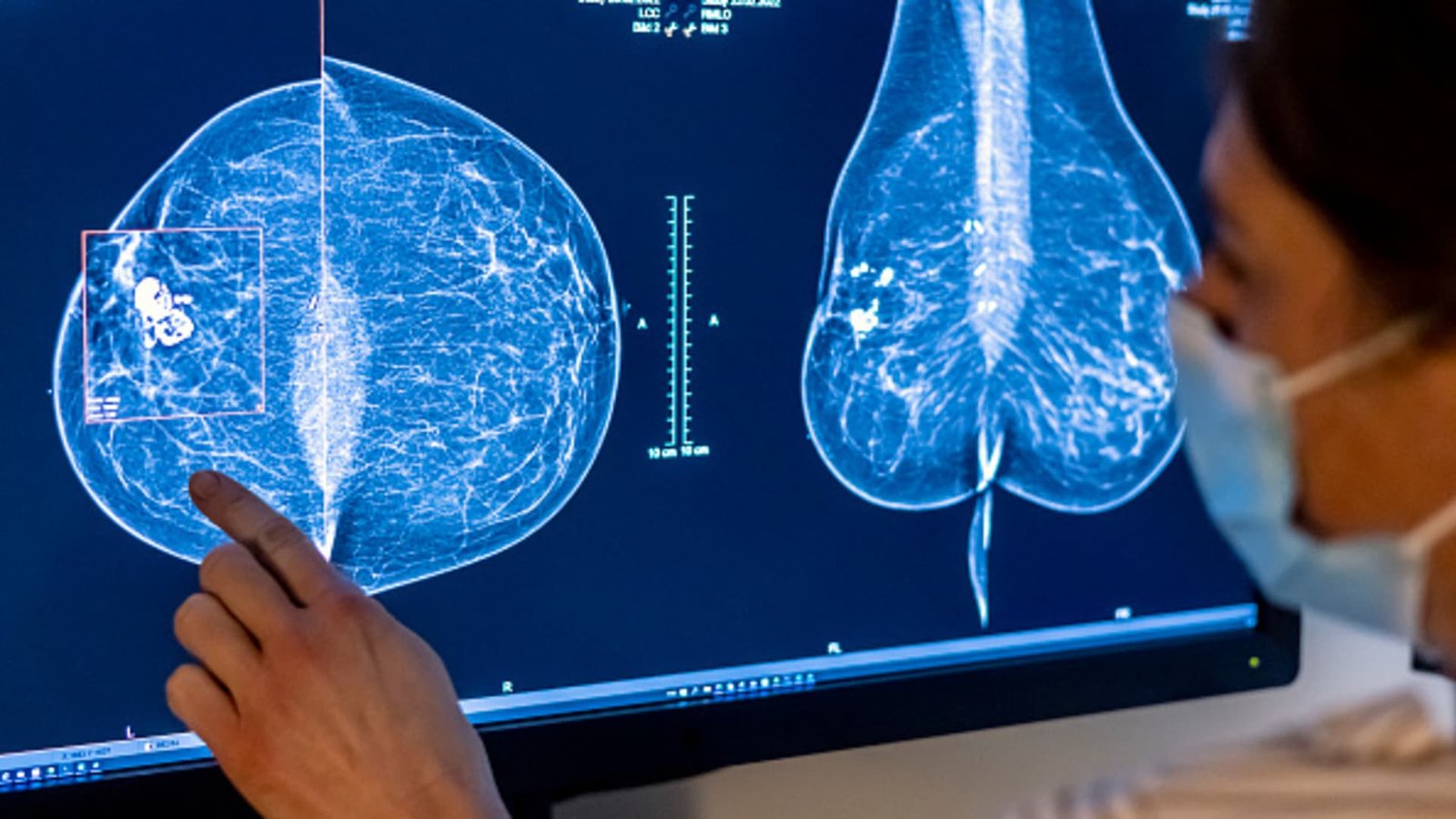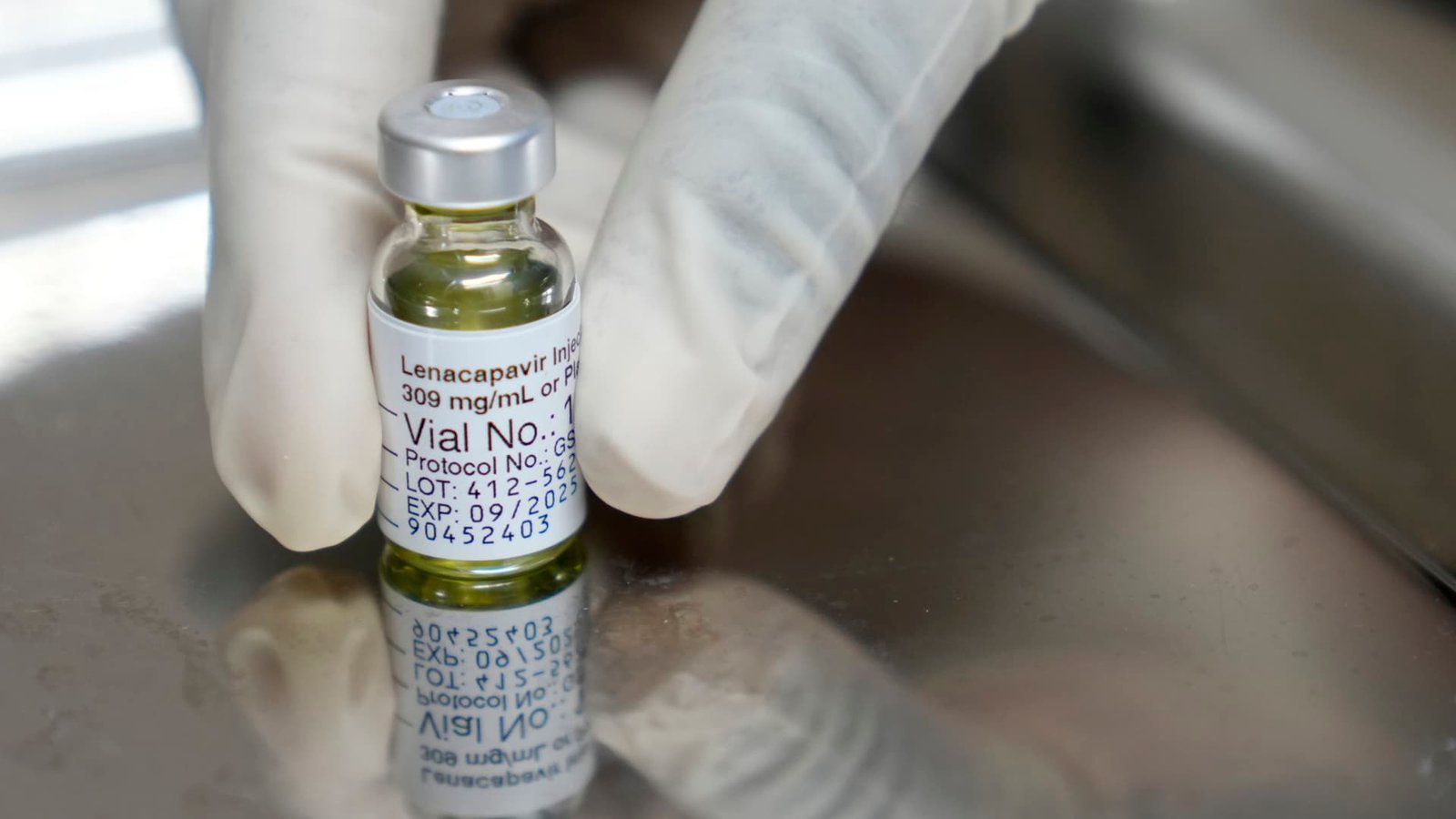Cancer has a profound impact on individuals, affecting their physical, emotional, and financial well-being. This burden extends to their families, employers, and society as a whole. A study by the American Cancer Society Cancer Action Network revealed that nearly half of cancer patients and survivors struggle with significant medical debt. Many individuals carry a debt of at least $5,000 for over a year after treatment, and a substantial portion deplete their life savings within two years of diagnosis.
Financial challenges resulting from cancer treatment can lead to “financial toxicity,” where individuals are forced to make difficult choices that may compromise their chances of recovery. This includes skipping medications or altering treatment plans due to financial constraints. The escalating costs of new cancer therapies further exacerbate this issue, posing a significant threat to patients’ lives.
The financial impact of cancer care is not limited to individuals but also affects their employers. Employers and unions, who provide health insurance for a large portion of the population, bear a significant portion of the financial burden associated with cancer. Cancer has become the leading healthcare cost for mid- and large-sized organizations in the United States, with costs continuing to rise.
The increasing incidence of cancer diagnoses underscores the urgency for action. While part of this rise can be attributed to an aging population, there is a concerning trend of younger individuals being diagnosed with major cancers. Employers are recognizing the need to address the burden of cancer on their workforce and financial resources.
Early detection plays a crucial role in improving outcomes and reducing healthcare costs associated with cancer. Detecting cancer at an early stage not only enhances survival rates but also significantly reduces the cost of treatment. The financial burden of treating advanced-stage cancer is substantially higher than that of localized cancer, highlighting the importance of early diagnosis and intervention.
Efforts to promote cancer prevention and early detection can yield significant benefits for individuals and organizations. Adhering to screening guidelines can lead to substantial cost savings for the healthcare system. However, barriers such as lack of access to preventive care and disruptions caused by events like the COVID-19 pandemic hinder progress in this area.
Addressing financial toxicities and improving access to screening require a multifaceted approach. Initiatives aimed at increasing awareness, affordability, and accessibility of cancer screening are essential. Collaborative efforts between organizations like the American Cancer Society and employers can drive positive change and reduce the burden of cancer on individuals and society.
Advocacy plays a vital role in addressing financial challenges associated with cancer care. Initiatives to expand Medicaid coverage, advocate for policy changes to reduce drug costs, and provide support for patients navigating financial complexities are crucial steps in alleviating the financial burden of cancer.
By prioritizing early detection, improving access to care, and advocating for policy changes, employers can play a significant role in reducing the financial impact of cancer on individuals and society. These efforts not only benefit employees but also contribute to a collective effort to combat cancer and improve outcomes for all.
Karen Knudsen, CEO of the American Cancer Society and the American Cancer Society Cancer Action Network, emphasizes the importance of collaborative action in addressing the challenges posed by cancer. Through partnerships, advocacy, and innovative solutions, progress can be made in reducing the financial burden of cancer and improving the lives of those affected by the disease.




